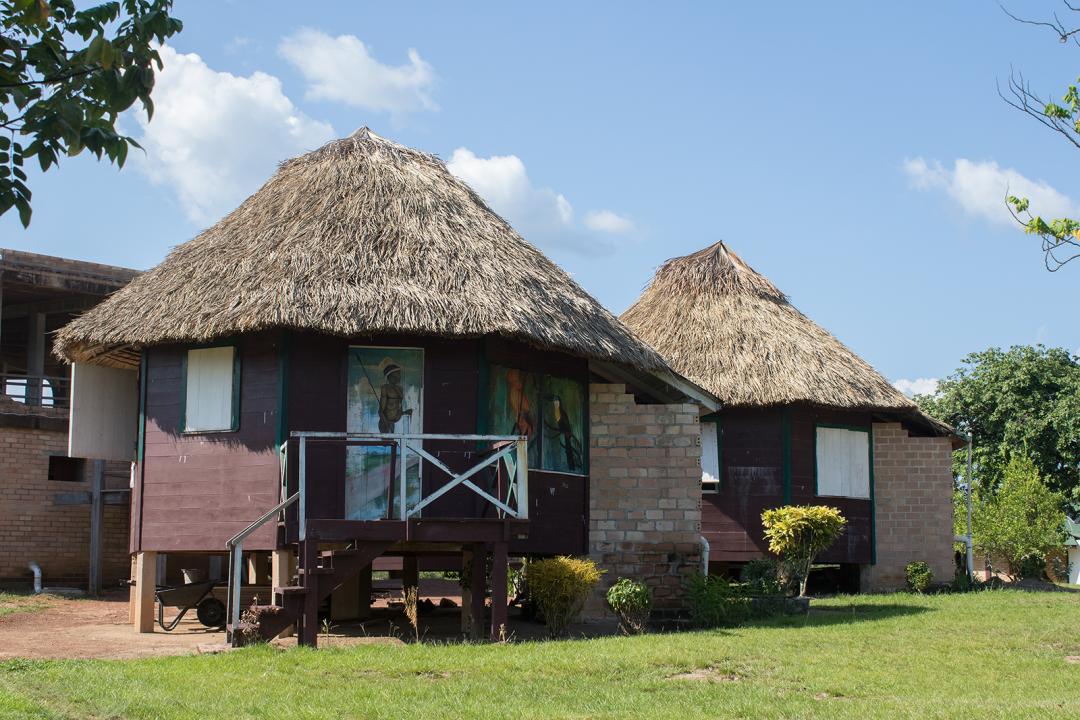Integrated tourism in Guyana: Providing livelihoods and protecting nature
Surama Eco-Lodge in North Rupununi Region #9, Guyana, is owned and managed by a small Indigenous Macushi village. The lodge was opened in 2004 and is one of the longest standing community based tourism lodges in Guyana.
Can you explain why you decided to focus on including local Indigenous communities in Surama Eco-Lodge, and how the business developed?
Surama Eco-Lodge is a community based business developed, owned, and managed by Surama village, which is an Indigenous community made up mostly of Macushi peoples. In Rupunnuni, Region 9, we have a cooperative approach to community development; we used a supportive approach rather than a competitive one, which recognises that every community is unique and has products that can be developed into attractive packages. Using this approach, Surama saw that we could also include other communities and encourage economic growth. This inclusive approach was developed to offer the customer a better experience by having the opportunity to visit more places.
Surama, as an Indigenous village, noted a lack of opportunity and employment in their community. The community members were inspired to create opportunities that would support livelihoods, economic growth, and conserve the environment. They saw this opportunity in the form of eco-tourism, which has led to youth being encouraged to stay in the community. The lodge hires staff on rotation so it can support a wide range of people who are involved in tourism. To date, this has been working and we have seen the changes in the community. Others have noted Surama's success and are using Surama's model to develop other Indigenous communities into tourist destinations.
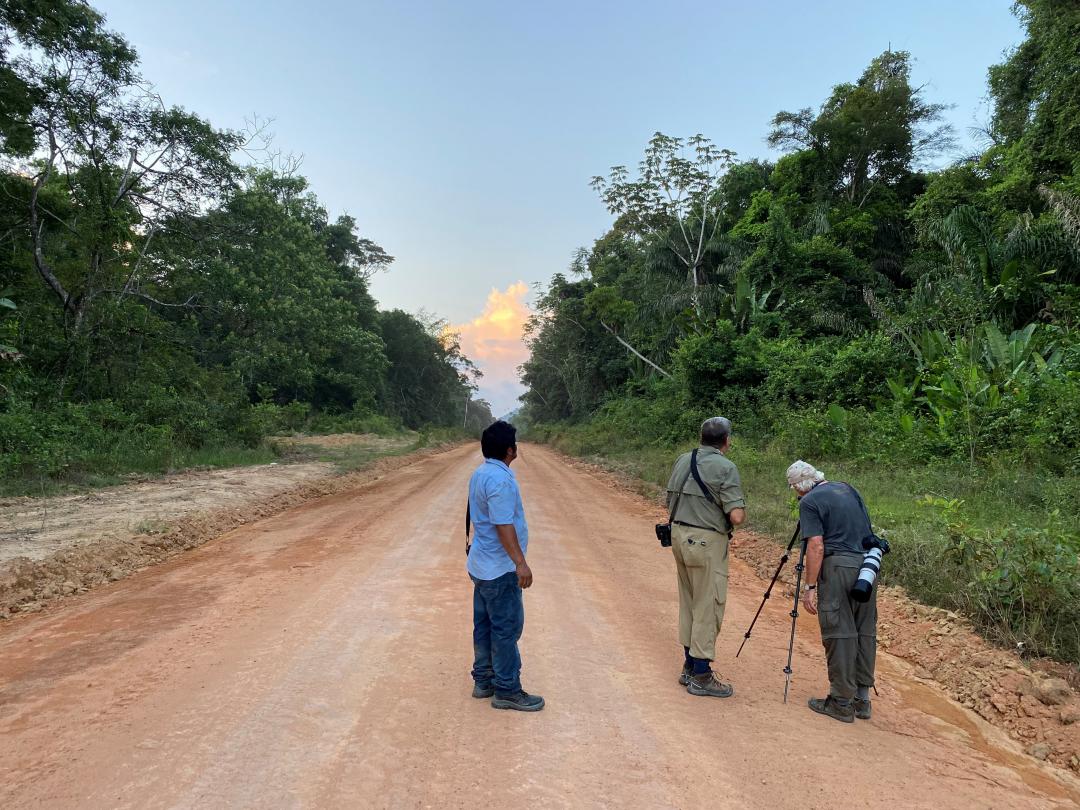
Do you think it’s important to have an integrated tourism approach that includes communities? If so, why?
As an Indigenous owned business, Surama recognises the importance of community. Indigenous communities are integrated and close knit; as such, any business or venture developed has to take this into consideration. It gives us the richness of collective opportunity to showcase our community within the region. We are known for the giants of El Dorado (giant otter, anteaters, arapaima, harpy eagle, jaguars. and anacondas), and we are a hot spot for bird species, and we also have a rich traditional Macushi culture. It is important to have community owned and led tourism enterprises because for generations Indigenous communities have preserved the environment and natural resources that globally people want to experience.
Do you find that tourists come to you because they want to have a positive environmental and social impact?
What draws them to your lodge? The Indigenous people have always respected mother nature and from our experience the tourists are impressed to still see intact forest wildlife and our rich cultural heritage. Many of the visitors are attracted to our lodge because they can see nature at its best, and they also appreciate Surama's social inclusive efforts and our hospitality. We, Guyana, are also an English speaking country and this makes it easy to communicate with our lodge as many of our visitors speak English.
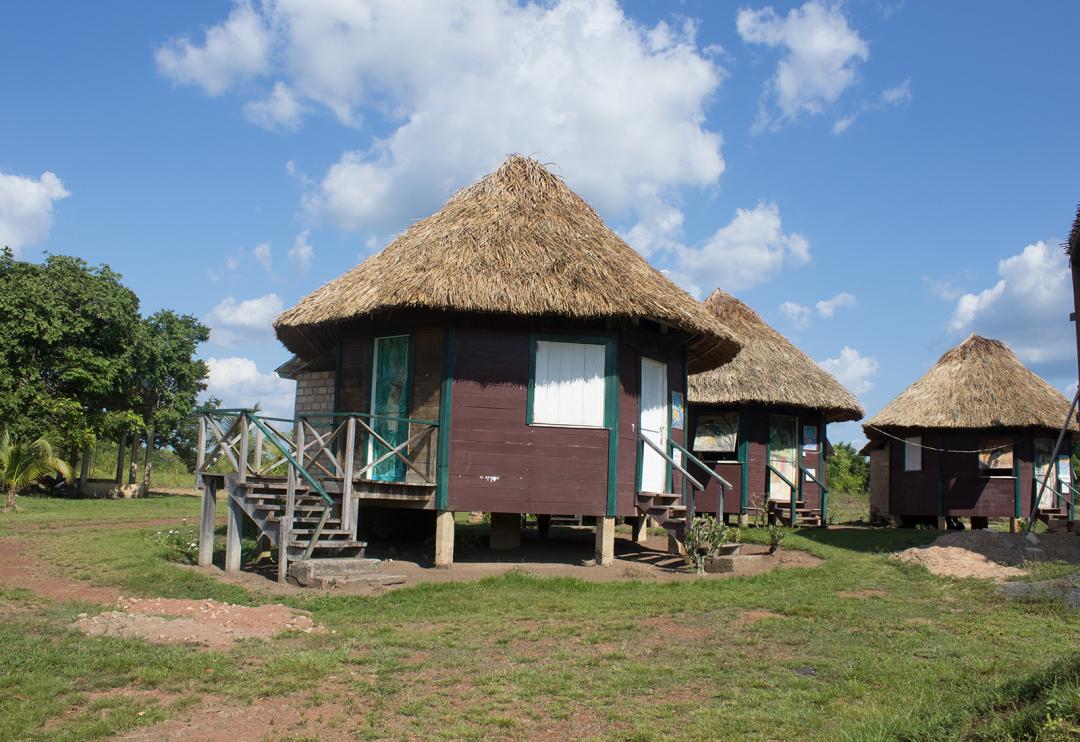
What role do visitors play in preserving nature at Surama Eco-Lodge? How do you ensure that they have a positive, regenerative impact rather than a negative impact on the environment?
The role that the visitors play in environmental conservation is important. By buying our packages, they are supporting our monitoring and conservation efforts, and educating other Indigenous communities about the value in having a standing forest and supporting the ecosystem. Many of the visitors are nature lovers and would encourage us to keep on doing what we are doing. We also have returning clients with new groups and they understand our stance on environmental and social safeguards. There is a list we have developed of do's and don'ts which visitors must adhere to or they are denied entry to certain sites in the village to minimise negative impacts.
Does your support to local communities include training related to preserving resources? If yes, what kind of training and why do you consider this important?
Yes, whenever the communities are available for knowledge sharing, arrangements are made to facilitate that process. We partner with the Bina Hill Institute, which trains and builds capacity for youth that have no access to tertiary education. Bina Hill provides tourism education; the students come to Surama to intern, learning the business and how it works alongside conservation of the environment. The skills gained here are then taken and shared with their own communities. We also support training in the monitoring of birds, fish, wildlife species, and fruiting trees. We consider the skills gained in tourism as important because they support livelihoods in other communities. Our monitoring efforts and involvement are important because these are the resources our livelihoods and tourism depend on. We also consider this important because the information gathered is used for planning and sharing of information to the relevant authorities and communities to compare information and make management decisions.
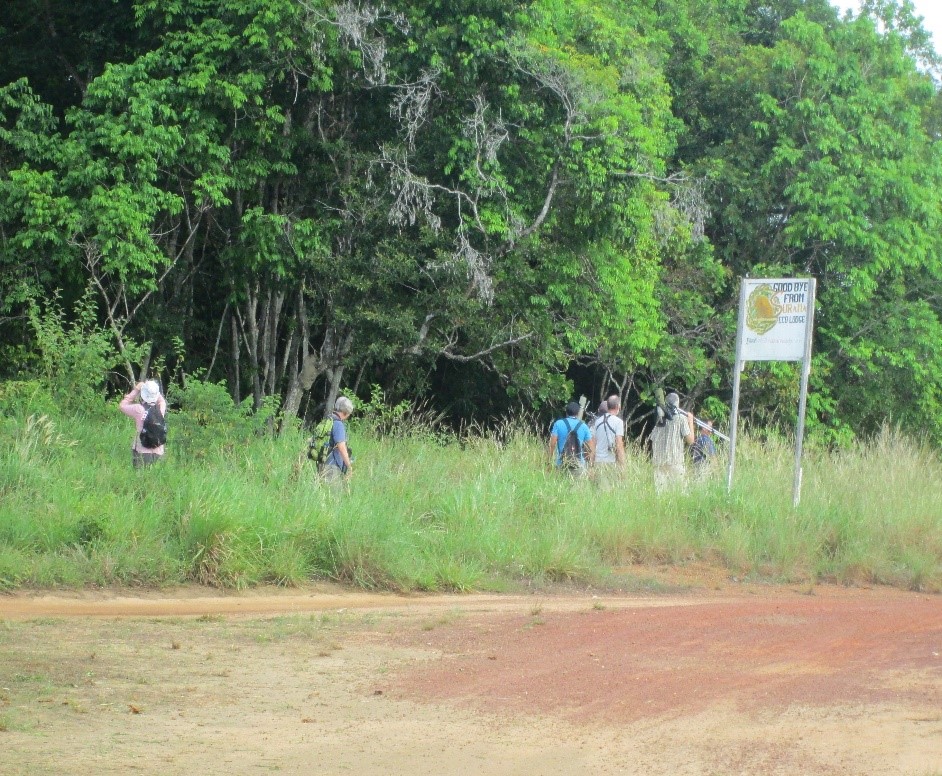
Are you measuring your impact on the environment and local communities, and if so, how are you measuring this and what have you discovered?
It has been difficult to quantitatively measure our impact, but qualitatively we have observed the positive impacts on our environment and community. We have discovered that it encourages young people to remain at home and take pride in the conservation of our environment.
Are you taking measures to improve the resilience of Indigenous communities in Guyana to climate change? If so, what kind of measures?
The Indigenous people in Surama are aware of climate change. While we cannot do anything to physically support resilience in other communities, what we do is serve as an example of the benefits of keeping our forests standing. Forests are very important in mitigating climate change, and most of the destruction and pollution to them are caused by large extractive and manufacturing companies and policy makers making bad decisions for local communities. By showing other Indigenous communities there is another way to earn income, our measures for improving resilience are to keep our forests standing and contribute to lowering the carbon globally.
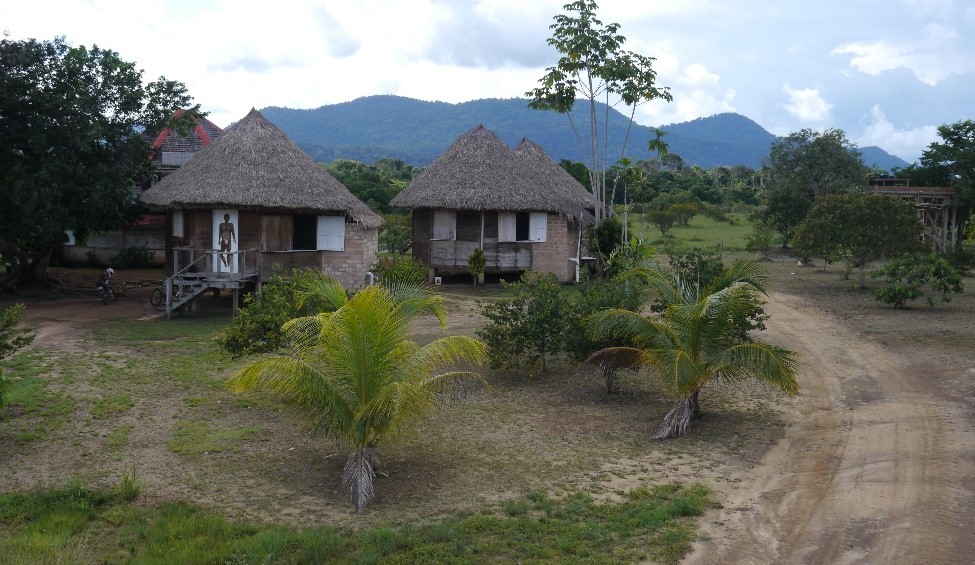
What are the main challenges for a business like yours that is making a social and environmental impact, while also making a profit? How have you overcome these challenges?
The main challenge for a business like ours is the lack of adequate financial support. Other challenges include access to funding for project development, marketing, the high cost of transportation, high cost of living in Guyana, and susceptibility to unpredictable climate that causes things like flooding and damage to our crops. Presently, the pandemic is the main challenge as it has severely limited the number of visitors to our lodge and community. These challenges are mainly overcome by communal effort and support from the community members that put aside time to put their labour and skills towards helping in crucial areas of maintenance. In the Rupununi area we call this self-help and in Macushi Mayu. We have also overcome challenges from the pandemic by having 98 per cent of our population vaccinated and following all guidelines to keep ourselves and our guests safe. We have further overcome financial challenges by trying to maintain contact with important partners and hosting workshops and meetings with key players.
Is there anything else you would like to add?
While the customers love eco tours and the community is promoting community based tourism, we still cannot insure our business. Most of our buildings are made of thatch and boards which can be susceptible to fire and other threats. While Guyana is supposed to be the #1 ecotourism destination in the world, more can be done to promote and showcase our business. We hope in a post-pandemic world we will be able to host more visitors interested in seeing nature and eco-tourism done with social equity and conservation at heart.
Surama Eco-lodge is also featured in this video by GlobalCAD. Watch the video here: The Green Lungs of Guyana
